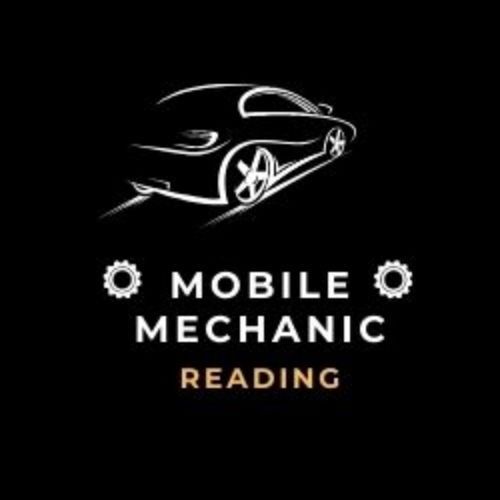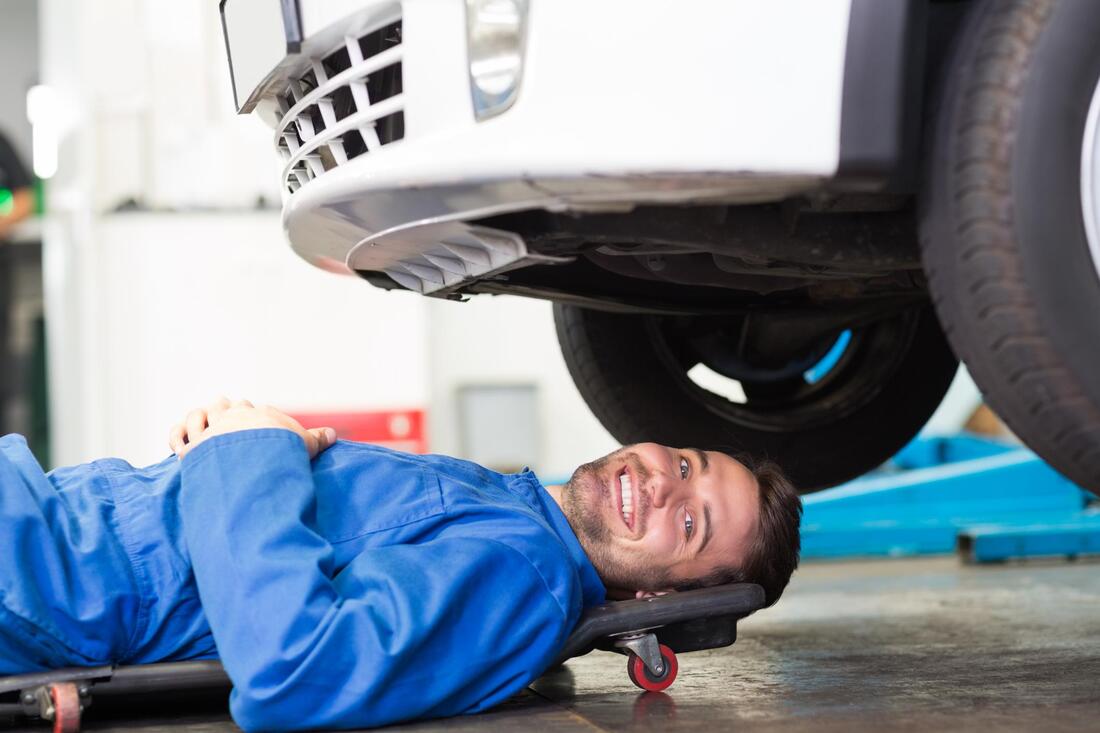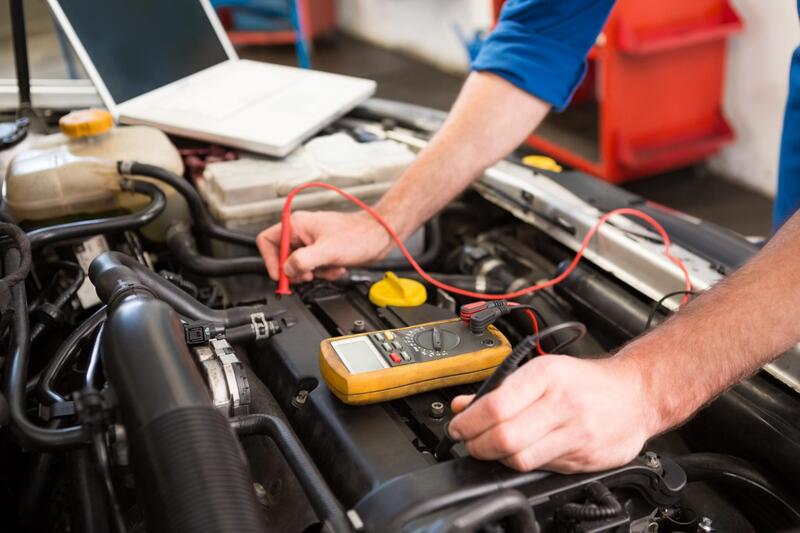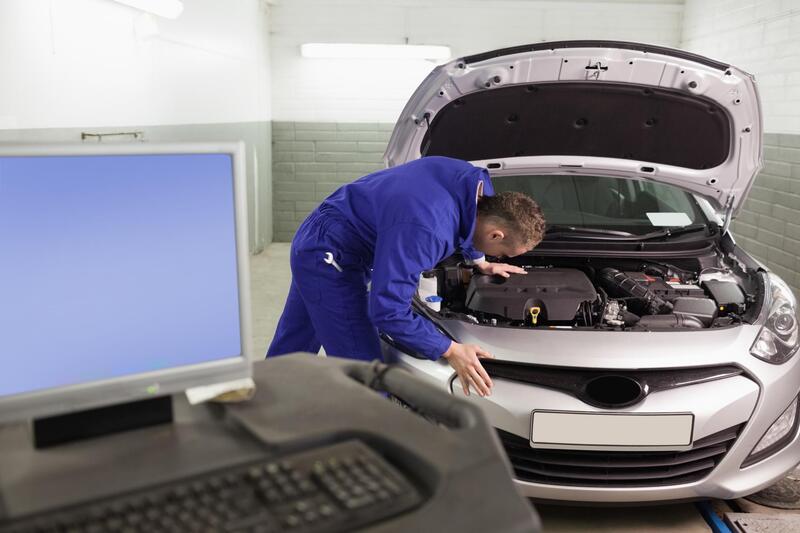24 Hour Mechanic
Emergency Mechanic
It’s in the nature of vehicles that they will suffer from mechanical failure when you least expect it. You might be on your commute to work, driving to a relative’s, or doing the school run, whatever the situation, the result is always the same – an unwelcome disruption to your life. At Mobile Mechanic Reading, we’re concerned with keeping your cars and vans
running at peak efficiency, but we’re also there to assist you when things go seriously wrong. Our 24 hour mechanic service safeguards our customers’ safety, and ensures that they’ll never be left alone in their time of need.
Emergency Car Repair
At our company, we have a fierce determination to provide results for our customers, no matter the circumstances. With an emergency call out mechanic service, you might need them at any moment, whether it’s rain or shine – and we understand that. There are no weather conditions we’re unwilling to work in, and we’ll endeavour to get to you as quickly as possible so that you won’t be stranded for long. Our mechanics have helped customers during thunderstorms, through snowfall, in scorching heat, and so much more – and they always provide service with a smile on their faces.
24 hour Mobile Mechanic
What use is an emergency mechanic service if it isn’t available at any moment? Disaster often strikes at the worst possible time, and you could need assistance in the middle of nowhere during the early hours of the morning. In those circumstances, you’ll need an emergency mechanic to assist you, and you’ll want one who’s experienced at working in the dark, who understands that you might be scared or panicked, and will be able to handle these adverse conditions while efficiently taking care of any repairs. Our teams all have these qualities, and that kind of service is the minimum expectation we have for our staff including dealing with emergency hybrid car repairs.
Unbeatable track record for emergency car repairs
When you experience a mechanical failure out on the road, you want an experienced mechanic to come to your aid – someone who has a track record of excellence in roadside situations. We specialise in these situations, and will never be overwhelmed or intimidated by any fault you’re suffering from, or any conditions we’re working in. These dependability – feeling like you can rely on us during any circumstances – is part of what makes us the ideal auto repair choice in an emergency.
Emergency Mechanic near me
With many roadside assistance services, they will come out to you, try to identify the problem, and tow you home if they aren’t able to make the necessary fixes. While this has its uses, it pales in comparison to our comprehensive service, which will close to guarantee your car will be fully mended at the end of the process. Even if total repair isn’t possible on the side of the road, and we need to move it to our workshop after dropping you at home, you’ll still be dealing with the same company from start to finish. This is much more convenient, far less hassle, and likely to be more affordable too.




